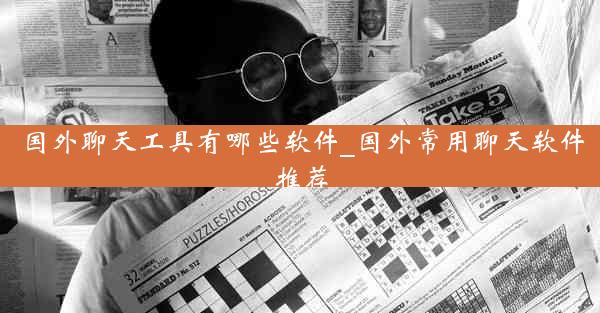电话用英语怎么说读_电话用英语怎么说读音
 telegram中文版
telegram中文版
硬件:Windows系统 版本:11.1.1.22 大小:9.75MB 语言:简体中文 评分: 发布:2020-02-05 更新:2024-11-08 厂商:telegram中文版
 telegram安卓版
telegram安卓版
硬件:安卓系统 版本:122.0.3.464 大小:187.94MB 厂商:telegram 发布:2022-03-29 更新:2024-10-30
 telegram ios苹果版
telegram ios苹果版
硬件:苹果系统 版本:130.0.6723.37 大小:207.1 MB 厂商:Google LLC 发布:2020-04-03 更新:2024-06-12
跳转至官网

Unlocking the Secrets of Communication: The Enigmatic Phone
In the vast tapestry of human innovation, few inventions have woven such a profound impact on our daily lives as the phone. This enigmatic device, with its ability to bridge distances and connect minds, has become an indispensable part of our existence. But have you ever wondered how this marvel of technology is pronounced in the English language? Let's delve into the phonetic enigma of phone and unravel its linguistic secrets.
The Phonetic Puzzle: Decoding Phone
The word phone in English is pronounced as /ˈfoʊn/. This phonetic representation might seem straightforward, but it hides a rich history and linguistic evolution. The word itself is derived from the Greek word φώνη (phōnē), meaning voice or sound. Over time, the word has traveled through Latin and French, eventually settling in English as phone.\
The pronunciation of phone is a blend of consonants and vowels that create a unique sound. The ph at the beginning is a bit tricky, as it does not represent the f sound we are accustomed to. Instead, it is a voiceless bilabial plosive, which means the sound is produced by stopping the airflow with the lips and then releasing it abruptly. The o in phone is a diphthong, a combination of two vowel sounds, in this case, the o sound followed by the u sound. Finally, the n at the end is a simple nasal consonant.
The Evolution of Phone in Popular Culture
The word phone has not only evolved phonetically but has also become a cultural icon. From the early days of the telephone to the modern smartphones, the word has been a symbol of progress and connectivity. The evolution of the phone in popular culture is a testament to its enduring relevance.
In literature, the phone has been a tool for suspense and intrigue. Think of the classic novel The Great Gatsby, where the phone is a symbol of the elusive and unattainable. In movies, the phone has been a source of tension and anticipation, as seen in the iconic scene from Gone with the Wind where Scarlett O'Hara receives a phone call that changes her life forever.
The Linguistic Impact of Phone in the Digital Age
In the digital age, the word phone has expanded its reach beyond the physical device. With the advent of mobile technology, phone has become synonymous with the act of making a call or sending a message. The term phone call has evolved to simply call, and phone number is now just number. This linguistic shift reflects the seamless integration of communication into our daily lives.
Moreover, the word phone has given rise to a plethora of new terms and phrases. From phoning it in to phone a friend, the linguistic impact of phone is evident in our everyday language. It has become a part of our digital lexicon, reflecting the interconnectedness of our modern world.
The Future of Phone in a Connected World
As we continue to navigate the complexities of the digital age, the word phone will undoubtedly evolve further. With advancements in technology, we may see new devices and methods of communication that redefine what we consider a phone. However, one thing is certain: the essence of the word phone will remain the same—a symbol of connection and communication.
In conclusion, the word phone is not just a device; it is a linguistic enigma that has shaped our world. Its pronunciation, evolution, and cultural impact have made it an indispensable part of our lives. As we look to the future, the word phone will continue to evolve, but its core meaning—a bridge between people—will endure. So, the next time you pick up your phone, remember the rich history and linguistic journey that has brought us to this moment of connectivity.












